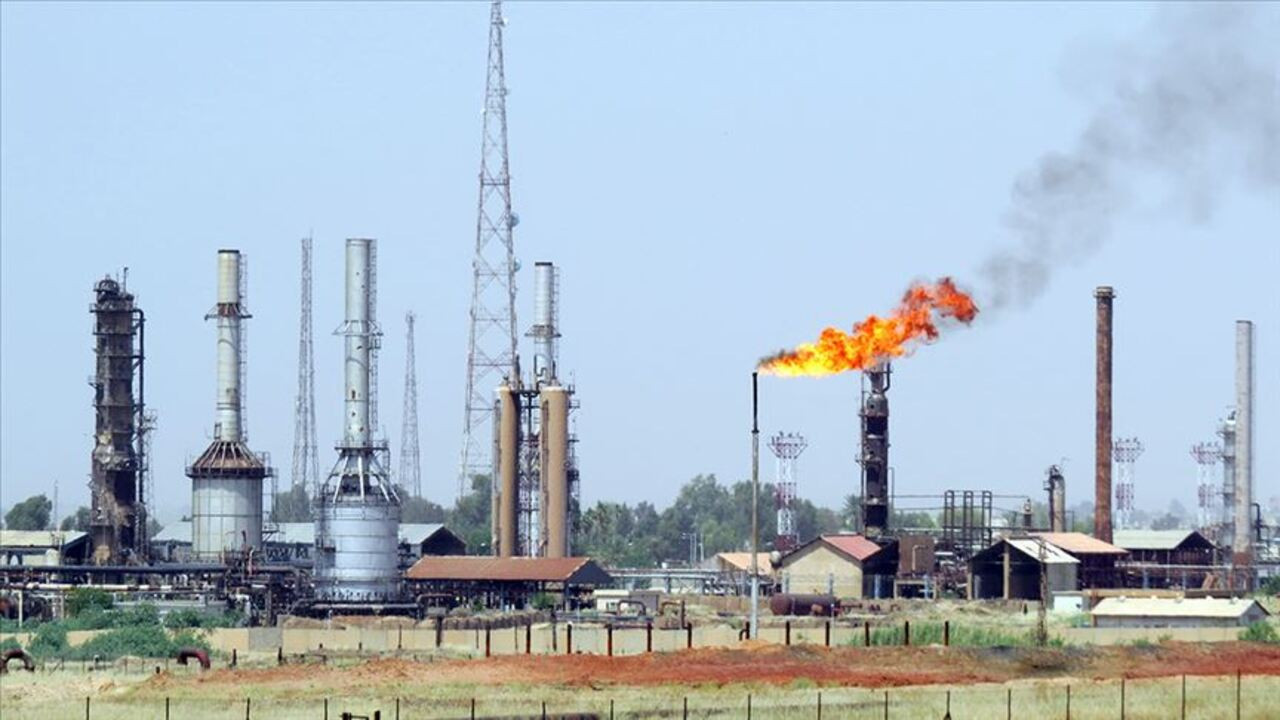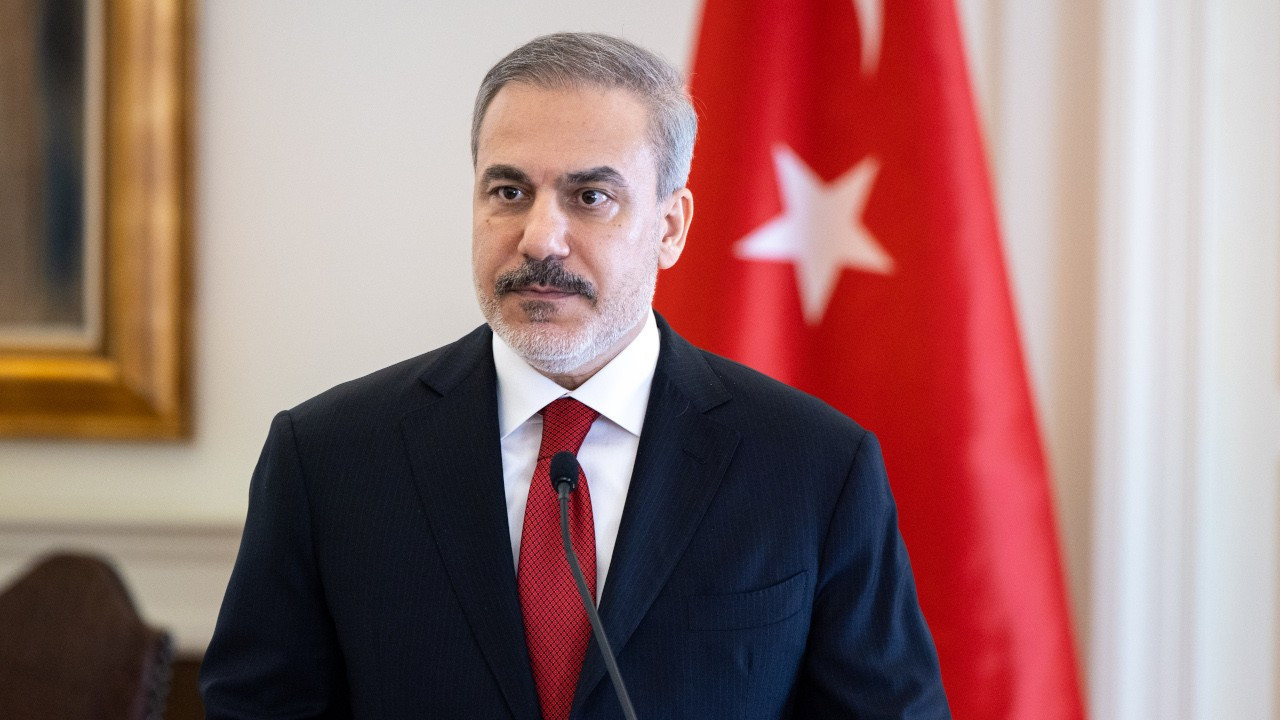Iraq to resume Kurdish oil exports via Turkish pipeline after nearly two-year halt
Iraq's oil ministry has said all procedures were completed to resume oil exports through the Iraq-Turkey pipeline. The decision followed a budget amendment and technical talks between Baghdad and the Kurdish Regional Government.
Reuters
Iraq's oil ministry on Feb. 22 said in a statement that all procedures had been completed to allow the resumption of exports through the Iraq-Turkey pipeline.
Iraq's oil minister said on Monday that oil exports from the semi-autonomous Kurdistan region will resume next week, resolving a near two-year dispute that has disrupted crude flows as ties between Baghdad and Erbil improve.
U.S. President Donald Trump's administration is putting pressure on Iraq to allow Kurdish oil exports to restart or face sanctions alongside Iran, sources have told Reuters. An Iraqi official later denied pressure or the threat of sanctions.
The federal government of Iraq and the Kurdistan Regional Government (KRG) held technical talks following the oil minister's statements earlier this week to iron out details necessary for the resumption of exports, such as a payment mechanism acceptable to oil companies.
The Iraqi oil minister's announcement comes after the Iraqi parliament approved on February 2 a budget amendment that set a rate of $16 per barrel for oil transport and production costs in Kurdistan.
The amendment also requires the KRG to transfer its oil output to the state-run State Oil Marketing Organization (SOMO).
The oil ministry in its statement asked the KRG to start delivering crude to SOMO for exports to resume.

 DEM Party delegation meets with Barzani as part of peace process talksPolitics
DEM Party delegation meets with Barzani as part of peace process talksPolitics US increases pressure on Iraq to restart Kurdish oil exports to TurkeyDiplomacy
US increases pressure on Iraq to restart Kurdish oil exports to TurkeyDiplomacy Turkey, Iraq, Syria, Jordan aim to jointly tackle Islamic State, Ankara saysDiplomacy
Turkey, Iraq, Syria, Jordan aim to jointly tackle Islamic State, Ankara saysDiplomacy